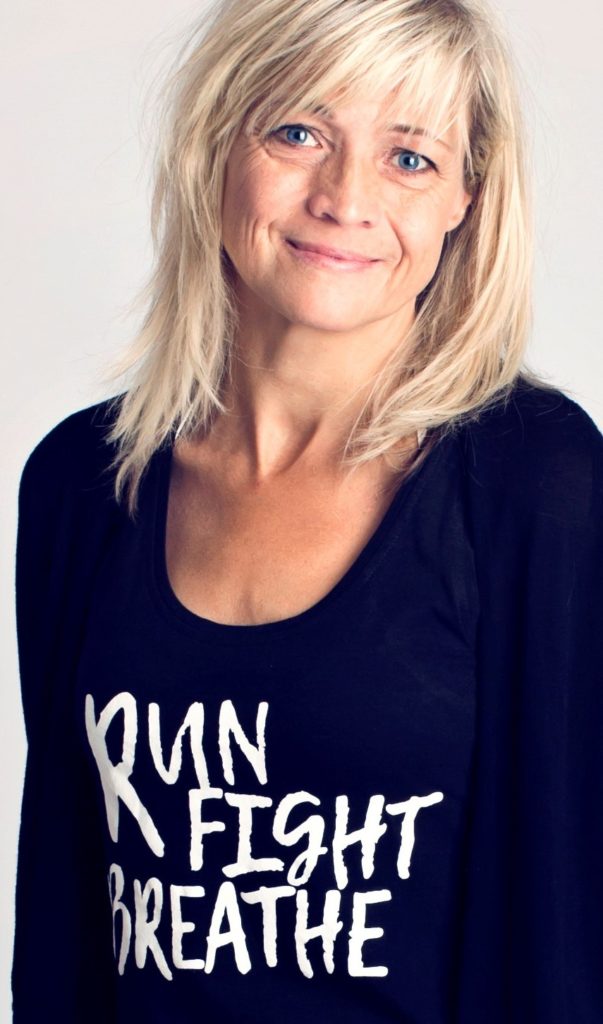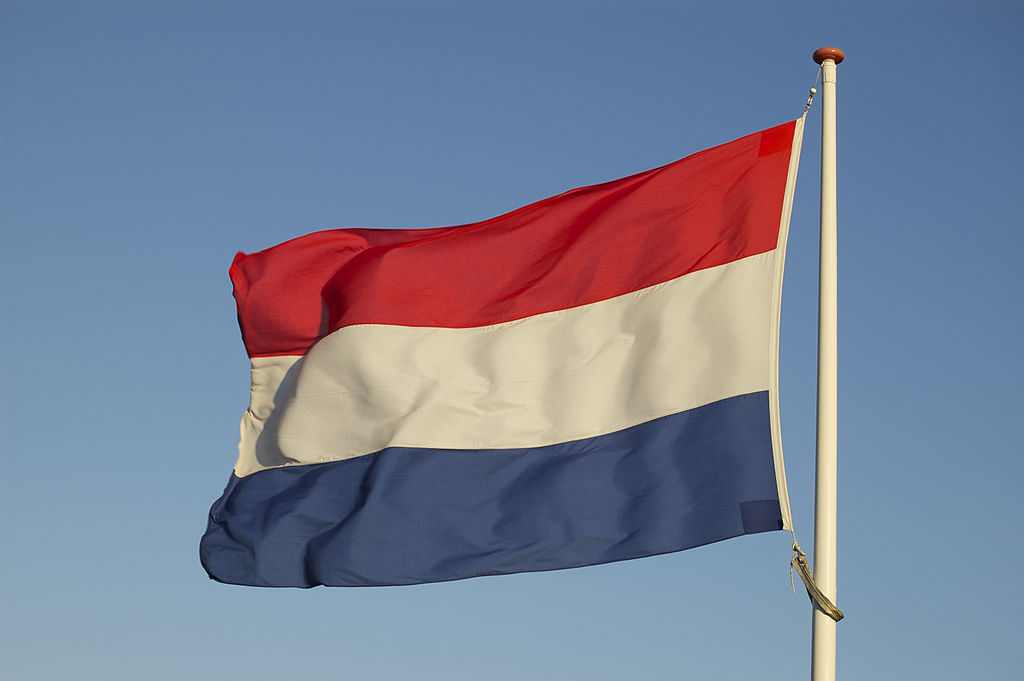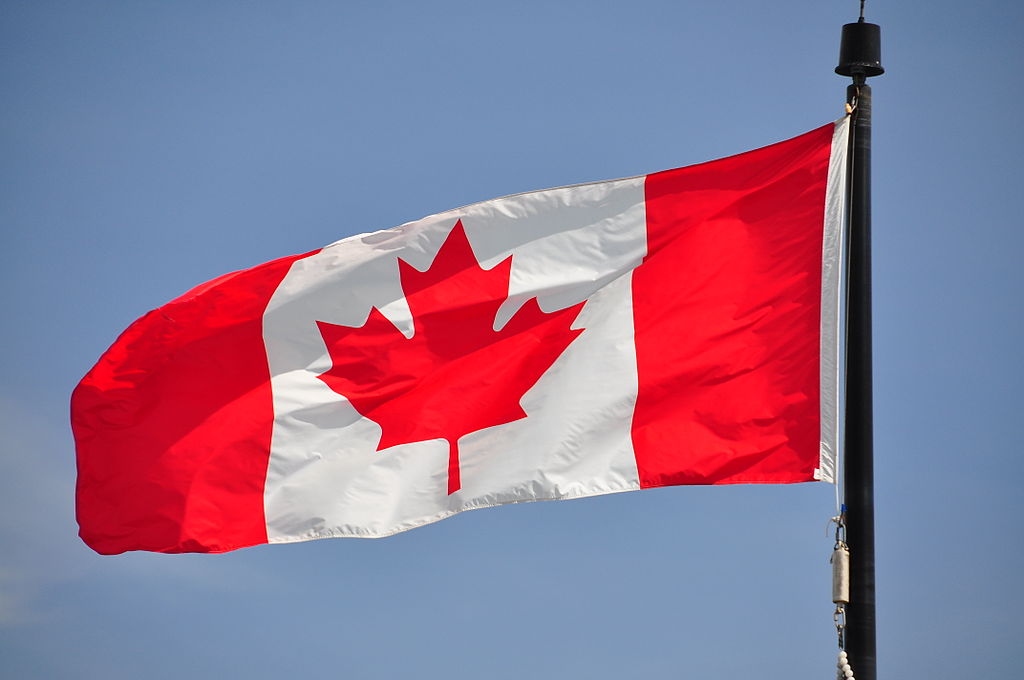Cystic Fibrosis Around the World continues with a trip to Sweden! I’m super excited to be including Sweden in this series. My family has ties to Scandinavia – both Norway and Sweden (you could probably guess that by my name – Gunnar), something we take great pride in, so I was happy that Lisa reached out to me. As you’ll see below, Lisa is very involved in the Swedish CF community, which has included starting her own non-profit, Fonden Citronfjärilen!
[Brackets] indicate an edit for English translation or clarity.
Umeå, Sweden, Lisa Alexandersson, 44, living with cystic fibrosis.
- About how many people in your country have cystic fibrosis?
670 individuals and 1 in 35 Swedish people said to be carrying one copy of the altered gene that causes Cystic Fibrosis.
- Do people in your country know what CF is?
No, it’s rare that people have heard about Cystic Fibrosis. Also among health professionals – they don’t [always] have correct information, for example [some lack] basic knowledge that [CF is] a genetic disorder [someone is] born with. I can’t tell you how many times I have got the question, “When did you get CF?” I want to change that, so people [are] aware [of] what CF is and also [have more of an] understanding [of what it’s like] living with it.
- When were you diagnosed? Why were you tested?
As soon I was born they saw something was wrong I didn’t hold temperature and was so small. At the first appointment after birth I got hospitalized because I had edema and hadn’t gained weight. They started to evaluate me, and after two months the result showed I had Cystic Fibrosis. At our remote hospital we had Dr Hans Kollberg, one of few CF specialized doctors, and thanks to [him] I got the right diagnosed so early on. Later on they did a genetic blood tests that confirmed I was double DeltaF508.
- Were you encouraged to be open about your CF? Do your friends and family know that you have CF?
Yes, family and friends know, but I don´t go around and talk about that I have CF, but if I get any questions I say. I’m very open now with my CF, as I never [had] been before. It’s nothing I really feel eager to [talk about], but I do want to help others with CF and if that involves me [being] more open, I [am]. I also feel it’s hard to have a social life because under certain periods I can’t be so active, like wintertime when [there’s lots of sickness] around. It feels like friends almost forget me and think I can´t see them so they stop asking.
- Does your insurance/healthcare cover costs? Does it fully cover all medications and treatments available to patients with CF? Does government provide your healthcare or is insurance offer privately?
One of the great thing [about living] in Sweden [is] that all of our medications are covered by [taxpayer funded] NHS – except for specialty drugs [some CFTR Modulators] such as Orkambi. Private insurance doesn´t insure CF. [People are issued health card for various low fees], which [is] valid [for] twelve months.
- Do you have access to drug studies/trials? Do you have access to new medications?
I’m sorry I have to say, “no” [to] that question. Only a few lucky patients have been offered to participate in trials. We do not have any access to Orkambi and very few have access to Kalydeco.
- Who is on your CF care team? (Doctors, nurses, etc.)
Lung doctors specialized in CF, nurses, physiotherapists, consultants – dietician and psychologist, gastroenterologist and surgeons if needed.
- How far away is your CF clinic? Is there a difference between adult/child clinic/care for CF?
My CF team is 770 miles away, I go there two-three times a year by plane for a couple of days when I see the CF specialist doctor and also have physiotherapy twice a day and exercising. Yes, we have a CF team for children up till eighteen. After that you go to the pulmonary reception.
- How often do you go to the doctor (non-emergency)? Is it easy to get an appointment? What do you do in case of emergency?
Usually the standard routine meant patients had the right to see a CF-doctor every 4 weeks. Now the clinics want to space out to only offer visits every 6-8 weeks. At my nearest hospital I go every 8 week to see my pulmonary doctor and nurses. Because I live in a small town it´s easy to get an appointment and often I can see the same doctor. In case of emergency I go to the emergency [department] and they can call my pulmonary doctor if needed.
- If you need IV antibiotics, can you do them at home or do you need to stay in the hospital?
Most patients do their IV-treatments at home. It can even be difficult to get admitted [to the hospital] if you feel the need to do so. I was 12 (1986) when I started to mix the [IV’s] by myself at home. Today we get ready-made IV in “homepumps” or “intermate.” It’s very convenient but when [people] with CF need IV antibiotics, we are sicker: cough more, sleep less, the infection [makes] us more tired. At the same time we have to work harder with physiotherapy, IV at home, more doctors appointment etc., so it’s a [tough balance.]
- Is the Vest a typical treatment option? What other treatments are common in your area? Which are not?
We have never used the west. All patients are taught how to use Autogenic drainage/ active cycle of breathing (since the late 80’s) and use the Pep mask. There is also a “new” device called Bilevel, Bi -pap that pushes air into the lungs, thus opening up the outer alveoli. We can use [it] as a pep mask or [by] taking big breaths when we rest to maximize oxygen into the lungs.
- Are you encouraged to exercise? Specific?
Since early 1980 have our [care] teams understood the benefits of physical activities and it has been an important [part of] our treatment. My physiotherapist encourages me to [do] all sorts of training and sports: I train on my indoor bike, treadmill, bicycling, dancing, kayaking, skiing etc. Weekly its 4-5 hours [of] physical exercising and it’s also important to get body strength to keep up the hard work of respiratory treatment and breathing [techniques]. It make me stronger, reduces the stress and also alot of fun.
- What CF specific medications/therapies have been developed in your country? Does your country promote new drugs?
We have, since late 1970’s, understood the benefits of physical exercise (cardio and strength training, activities) and it has been a central part of our daily care since the 80s in our treatment.
- What role does nutrition play in your CF care? Do you have a feeding tube? Do you have CFRD (diabetes)?
Nutrition is a big part. We are advised to eat a lot of essential fatty acids treated by adding digestive enzymes, energy-rich food, vitamins and minerals. Sweet, fatty shakes are also offered on prescription. Yes I have CFRD. I got diagnosed when I was 18 years old and got insulin syringes. I also got the information to keep eating as before to keep up high calorie intake because of my CF. We can see now that it’s important when you have CFRD to change your diet and keep good control of the blood sugar.
- What do you wish could be better about your nation’s care for CF patients?
Access to CFTR-modulators is the most important. More CF-specialists (most of our doctors are getting close to retirement age). Better communication between the professionals and patients, and better involvement in the larger, international research community. Newborn screening (we still don’t have that!), and changes in the law to increase available organs for transplant. [I want] our doctors [to] take the short and long term side effects from our antibiotics more seriously, as well as pulmonary fungal infections. Also take more respect to multi drug resistant bacteria and cross infection risks. Despite the many things [that are good in Sweden], some areas we have to start working to keep up with the rest of the world.
- What do you know about CF Lung Transplants?
Lung transplant is the last treatment option for CF and the outcome can vary. After a transplant you are more susceptible for infections, cancer etc. and due to all medicines you have to control your kidney functions every year. It’s not a cure, but lifesaving at the time.
- Did you go to college/university or advance your education elsewhere (Or plan to go to college/university)? Were you encouraged?
No, my health stopped me from continuing and I was not encouraged to start studying later on.
18. What is the National CF Foundation (if there is one)? Does this Foundation (if there is one) provide assistance in every day life and education? (example: scholarships, transplant aid, educational materials, etc.)
We have Riksförbundet Cystisk Fibros RFCF they are in contact with our four CF centers and every [other] year they arrange a meeting and course day. [Also, a year ago I started] Fonden Citronfjärilen. We work to make life better for CF / PCD patients. The Purpose of Fonden Citronfjärilen is that children and adults with CF can seek financial support to purchase important exercise tools that can increase quality of life. We want to increase knowledge and understanding of what it means to live with CF and PCD. We inform the community, healthcare, school and also educate what the disease means and causes.
- Is there anything else you would like to add? Is there anything specific or unique about CF care in your country compared to the rest of the world that you know of?
All CF-patients are prescribed Acetylcysteine (NAC) effervescent and Bisolvon mucolytics. Before the arrival of Pulmozyme and Hyper tonic saline all patients nebulized Mucomyst (NAC). Another specific feature is that we are mostly prescribed IV-antibiotics, instead of inhaled antibiotics, as this is thought to be more efficient and reduce the risk of causing antibiotic resistance, but they talk little about the side effects on the other organs after many years of IV-antibiotics.






